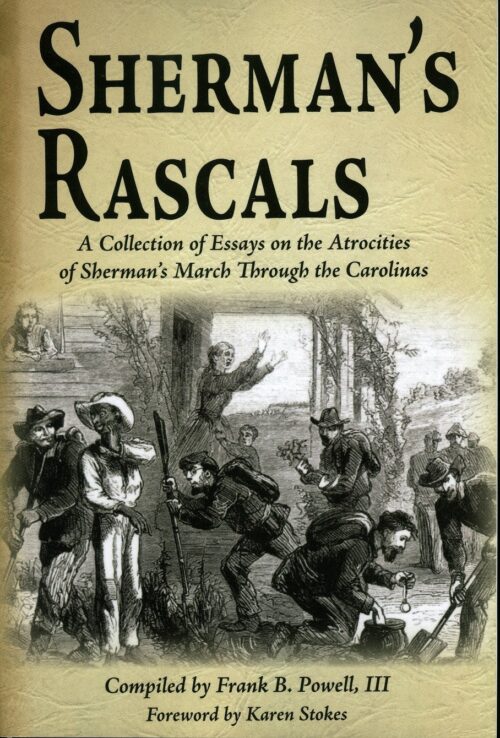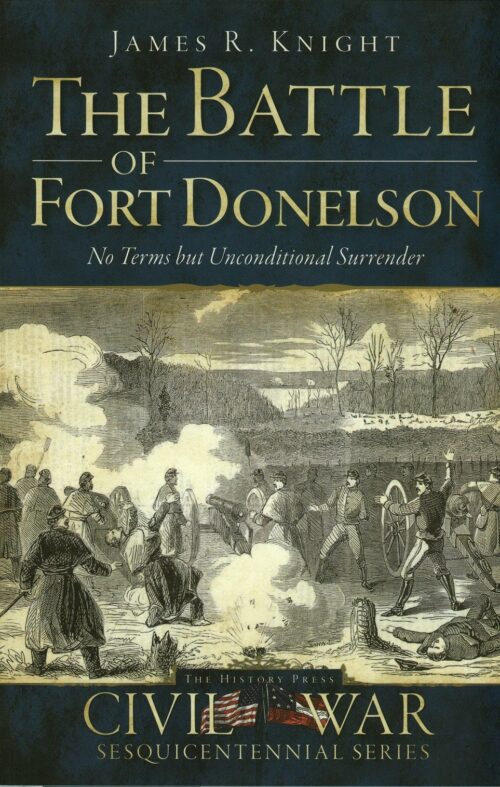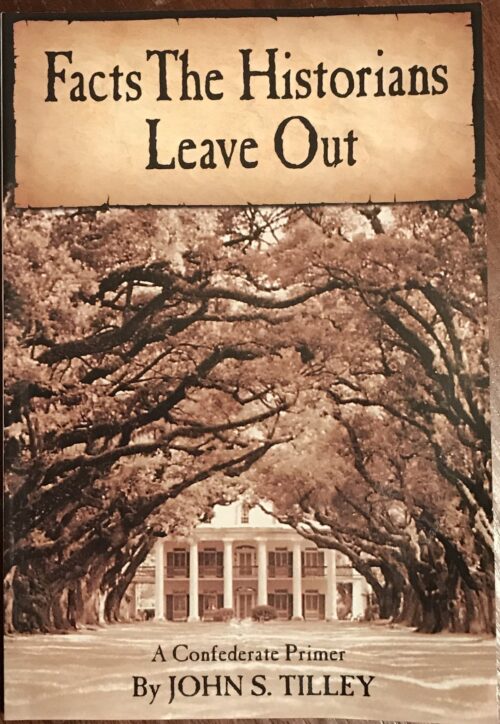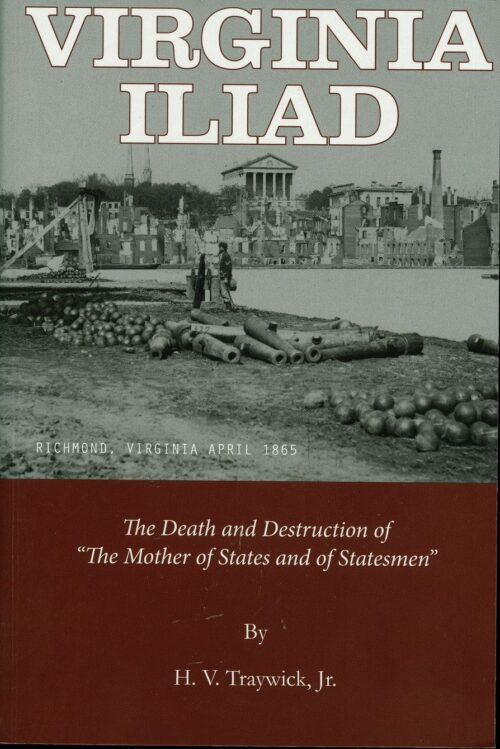-
 H. W. Johnstone explains how Lincoln and his co-conspirators used deceit, half-truths, lies and violation of international law to promote their war conspiracy. Johnstone wrote his book in 1917 using documentation which was not available when post war Confederates such as Davis, Stephens, Semmes and Pollard wrote their histories of the conflict.
H. W. Johnstone explains how Lincoln and his co-conspirators used deceit, half-truths, lies and violation of international law to promote their war conspiracy. Johnstone wrote his book in 1917 using documentation which was not available when post war Confederates such as Davis, Stephens, Semmes and Pollard wrote their histories of the conflict. -
 The ladies who wrote about their experiences wanted future generations to know about their trials and tribulations in the spring of 1865. Their stories have been almost forgotten, but they are printed in these pages for you to read and study, and to pass on to generations yet to come. For if one generation forgets, these stories will be lost for all eternity. Let’s not let this happen!
The ladies who wrote about their experiences wanted future generations to know about their trials and tribulations in the spring of 1865. Their stories have been almost forgotten, but they are printed in these pages for you to read and study, and to pass on to generations yet to come. For if one generation forgets, these stories will be lost for all eternity. Let’s not let this happen! -
 One of Savannah, Georgia's closest calls to total disaster happened with the arrival of Wm. T. Sherman and sixty-two thousand Union Troops. This fifty-three-day heart-pounding, nail-biting, hair-raising horror story of her onion-skin-thin bare survival centers on the central question: who REALLY saved Savannah?
One of Savannah, Georgia's closest calls to total disaster happened with the arrival of Wm. T. Sherman and sixty-two thousand Union Troops. This fifty-three-day heart-pounding, nail-biting, hair-raising horror story of her onion-skin-thin bare survival centers on the central question: who REALLY saved Savannah? -
 The Battle of Fort Donelson was the first major victory for Federal forces and the first decisive battle in the vital area from the Appalachians to the Mississippi. It gave the Federals control of both the Tennessee and Cumberland rivers; led directly to the fall of the first Confederate capital at Nashville and the Battle of Shiloh, and was the beginning of the fame and/or infamy of several Civil War generals, including U.S. Grant, N. B. Forrest, Gideon Pillow and John B. Floyd. It also resulted in the first surrender of an army by a Confederate general, and the largest capture of enemy troops in American history, up to that time.
The Battle of Fort Donelson was the first major victory for Federal forces and the first decisive battle in the vital area from the Appalachians to the Mississippi. It gave the Federals control of both the Tennessee and Cumberland rivers; led directly to the fall of the first Confederate capital at Nashville and the Battle of Shiloh, and was the beginning of the fame and/or infamy of several Civil War generals, including U.S. Grant, N. B. Forrest, Gideon Pillow and John B. Floyd. It also resulted in the first surrender of an army by a Confederate general, and the largest capture of enemy troops in American history, up to that time. -
 In 1865, Karl Marx praised Lincoln as a “single-minded son of the working class.” This book examines why Marx—and other socialists—supported Mr. Lincoln’s War and notes his negative influence on modern society. Firsthand accounts and insight from notable historians shatter contemporary views of both the sixteenth president and the early Republicans.
In 1865, Karl Marx praised Lincoln as a “single-minded son of the working class.” This book examines why Marx—and other socialists—supported Mr. Lincoln’s War and notes his negative influence on modern society. Firsthand accounts and insight from notable historians shatter contemporary views of both the sixteenth president and the early Republicans.




